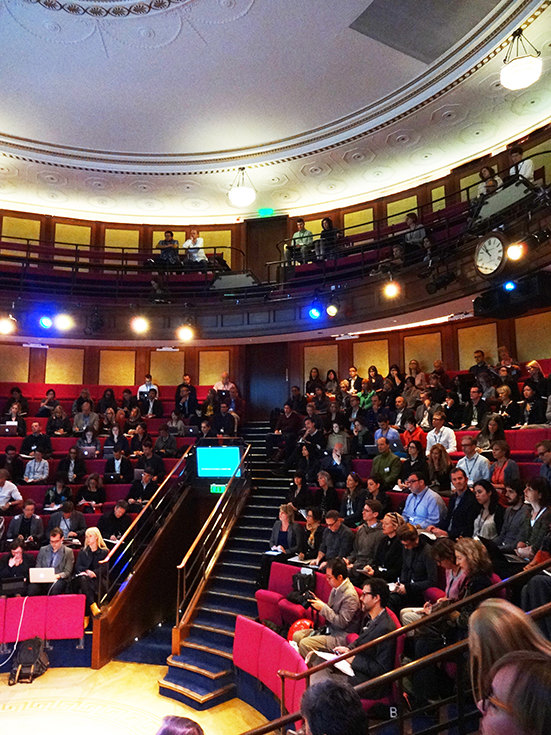This year’s EPIC (the Ethnographic Praxis in Industry Conference) has just started on Sept. 16th in London, and after a two-year blank I am attending again from infield design.
EPIC has always been an inspiring and entertaining event with people in the ‘industry’ gathering and sharing their projects, thoughts and friendly chats.
This year’s theme “Big Data”, though at first seemingly opposed to the concept of ‘immersion and close observation’ of ethnography, is evoking intriguing discussions and questions on the changing roles and fields of ethnography in the new environment that data technology has brought about.
One keyword that caught me on the first day was ‘trust’, brought up repeatedly in different contexts throughout the presentations. Trust as the base of mobile money in a rural community, trust (or distrust) of doctors toward digital devices, and trust of the participants as a premise of successful ethnography research, just to name a few. People are becoming more aware of the importance of trust in many aspects, but trust, especially in the personal and emotional sense, is difficult to measure, quantify or control in the context of 20th century sciences and industries. To understand how trust is generated we need a deeper understanding of the people — undoubtedly a question for ethnography.
